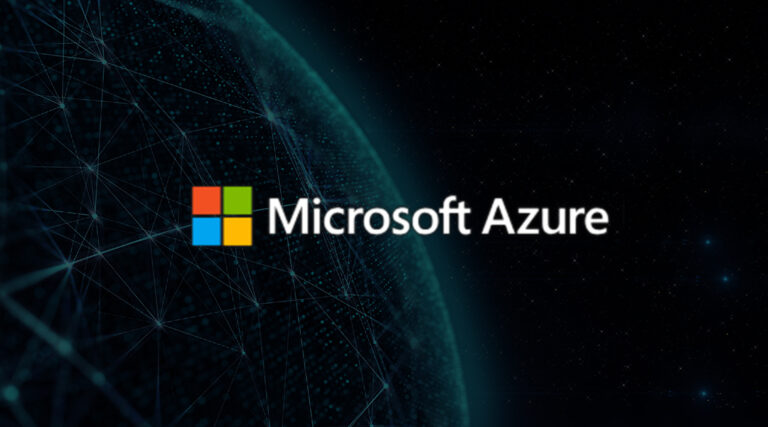
If you’ve wanted to go cloud native with Kubernetes, but are loathe to leave your ageing Windows behind you’ll be pleased to know that Microsoft has launched a preview of its Windows Server containers on its Azure Kubernetes Service.
Taylor Brown Principal PM Manager, Container Platform at Azure, announced the preview on Friday, saying “The release of production-level support for Windows Server containers is a true testament to the evolution” of Kubernetes.
The announcement covers versions 1.13.5 and 1.14.0, he continued, and means that “Windows Server containers can now be deployed and orchestrated in AKS enabling new paths to migrate and modernize Windows Server applications in Azure.”
At the same time, Taylor expected those Windows containers would be running alongside Linux containers, with ”The ability to manage Windows and Linux containers side by side in the same Kubernetes cluster with the exact same APIs, tools and support is what you have been asking us to support, which opens an abundance of new scenarios.”
He cited examples such as adding Windows node pools to existing virtual networks, or deploying “a Linux container running a reverse proxy or Redis cache and an IIS application in a Windows container in the same Kubernetes cluster and even as part of the same application.”
Microsoft’s move comes a month and a half after the Kubernetes project announced “product level support” for Windows nodes and containers in Kubernetes 1.14. At the time, it flagged up the “CIO advantages” of the move. These include leveraging the operation and cost efficiencies of Kubernetes and the ability to “Containerize existing .NET applications or Windows-based workloads to eliminate old hardware or underutilized virtual machines, and streamline migration from end-of-support OS versions.”
While a couple of years ago the focus was on all the cool new things containers allowed you to do, increasingly the mantra is dragging legacy apps along with you. Docker, in particular, has pursued this path.
